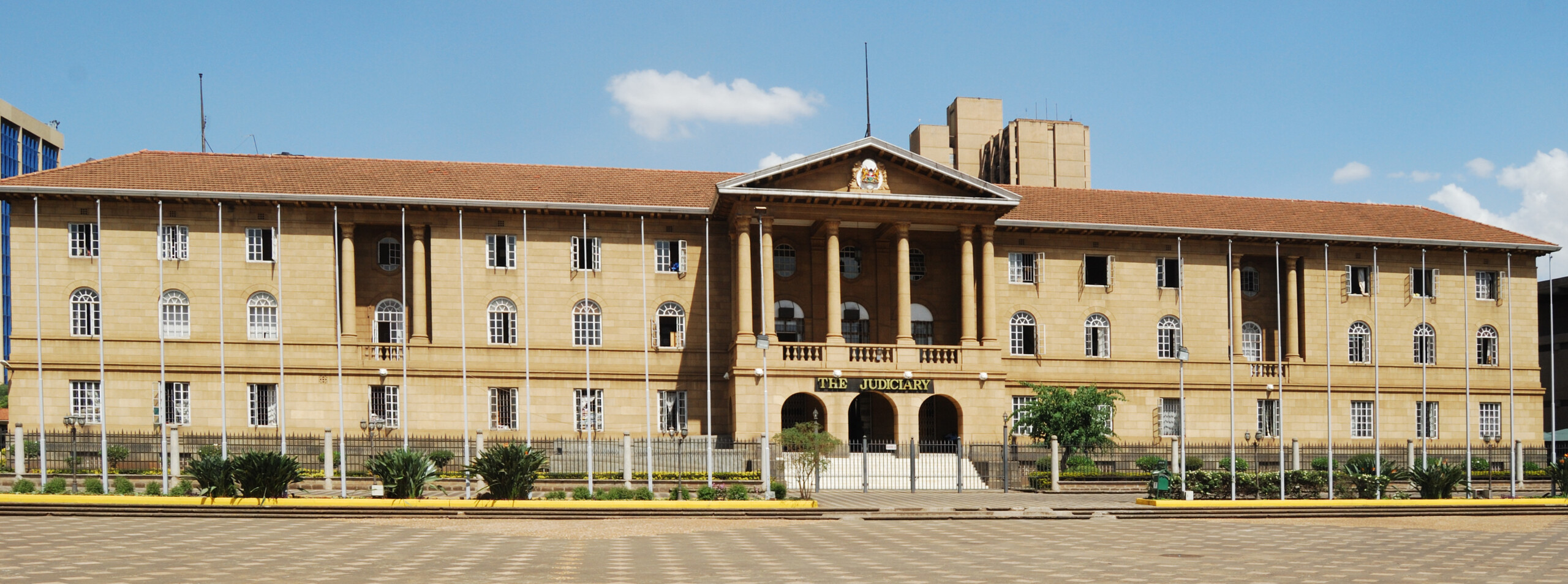Summary
This case involves a request for provisional measures with the Inter-American Court of Human Rights (“Court”), filed by Center for Justice and International Law (CEJIL), the representatives of Jesús Tranquilino Vélez Loor, pursuant to Articles 63(2) of the American Convention on Human Rights and 27(3) of the Court’s Rules of Procedure. Under Article 63(2) of the Convention, “[i]n cases of extreme gravity and urgency, and when necessary to avoid irreparable damage to persons,” the Court may adopt provisional measures on matters already under consideration. Article 27(3) of the Rules permits the representatives of alleged victims to submit requests for provisional matters “related to the subject matter” of contentious cases. Here, the matter under consideration relates to the detention of Mr. Vélez Loor, an Ecuadorian national who was arrested in the Republic of Panama in 2002 for violations relating to his immigration status, and subsequently denied due process guarantees and the opportunity to defend himself. He was deprived of his liberty for nearly two years under inhumane conditions in penitentiaries that held individuals accused of immigration offenses together with those tried and/or convicted of criminal acts. Mr. Vélez Loor was subjected to torture and other mistreatment during this time. As a result, on November 23, 2010, the Court held that Panama had violated the American Convention on Human Rights and the Convention Against Torture. At the same time it mandated that Panama implement a series of reparations, including that the state “create establishments with sufficient capacity to hold persons whose detention is necessary and reasonable for migratory reasons, specifically adapted for such purposes.” (Facts taken from 2010 judgement, Vélez Loor v. Panama, Preliminary Objections, Merits, Reparations, and Costs, Judgment, Inter-Am. Ct. H.R. (ser. C) No. 132, ¶¶ 2, 327 (Nov. 23, 2010)).
In their request for provisionary measures, the representatives of Mr. Vélez Loor alleged that Panama had failed to comply with the Court’s order to the detriment of detained migrants in its Darién Province, particularly in light of the COVID-19 pandemic. Specifically, the representatives alleged that Panama’s measures in the La Peñita migrant detention center infringed upon the detainees’ rights to life, health, and personal integrity. The Court found that this connection to the underlying 2010 judgement was sufficiently related to the subject matter of the current request, in accordance with Article 27(3) of the Rules. Although the representatives limited their complaint to the La Peñita center, the Court also incorporated the circumstances at the Lajas Blancas center into its analysis.
As restrictions on the right of movement tightened during the COVID-19 pandemic, borders were closed between countries and migrants were prevented from continuing on their journeys north. As a result, La Peñita’s overcrowded conditions were exacerbated and persistent deficiencies in its infrastructure led to highly unsanitary conditions and depleted water supplies. This subsequently led to increased rates of infection, as well as increased conflict in the form of gender-based violence and violence between migrants of different nationalities. Under these circumstances, the representatives identified risk factors justifying the adoption of provisional measures related to four issues: (i) automatic and arbitrary detentions, which could turn into indefinite detentions due to the pandemic; (ii) inadequate detention conditions to prevent the spread of the virus, particularly with regard to overcrowding; (iii) a lack of primary medical care for migrants; and (iv) a lack of COVID-19 response and prevention measures. For its part, Panama argued that it took reasonable measures in response to the COVID-19 pandemic, including opening the Lajas Blancas facility to house infected individuals and reduce overcrowding at La Peñita, and that it remained in compliance with the standards established by the World Health Organization. The Court, however, was unconvinced that the State’s efforts were sufficient to combat the exacerbated conditions under the pandemic.
In deciding whether to grant the request for provisionary measures, the Court assessed whether the petitioners effectively made out a prima facie showing of the three requirements under Article 63(2): extreme gravity, urgency, and irreparable damage. With respect to extreme gravity, the Court found that the mass influx of people in Panama’s migrant detention centers in the midst of a global pandemic presented a serious risk to the life, health, and personal integrity of a particularly vulnerable group, warranting immediate intervention. By the state’s own admission, the La Peñita detention center was holding persons at more than twice its capacity, a fact the Court emphasized as significantly indicative of extreme gravity. The lack of ventilation, adequate latrines, and access to food at the facility added to the gravity of the situation. The Lajas Blancas facility’s infrastructure was also noted to be insufficient.
With respect to urgency, the Court similarly found that the absence of conditions enabling social distancing and adequate hygiene measures to mitigate the spread of COVID-19—even as infections were rising—and the lack of information reported on available medical supplies for health workers assigned to La Peñita and Lajas Blancas, were sufficient to establish urgency. Finally, the Court found that the element of irreparable harm was also met, given the potentially irreparable consequences to the health, personal integrity, and lives of persons exposed to the coronavirus. Without immediate action, both La Peñita and Lajas Blancas were vulnerable to imminent outbreak.
